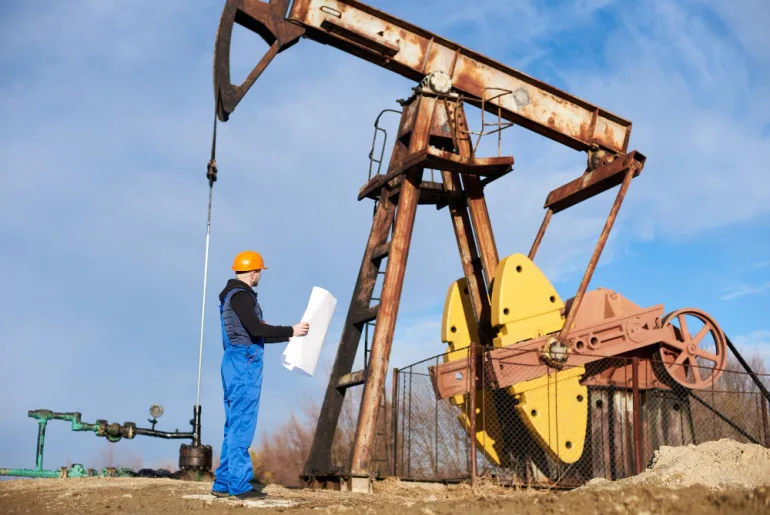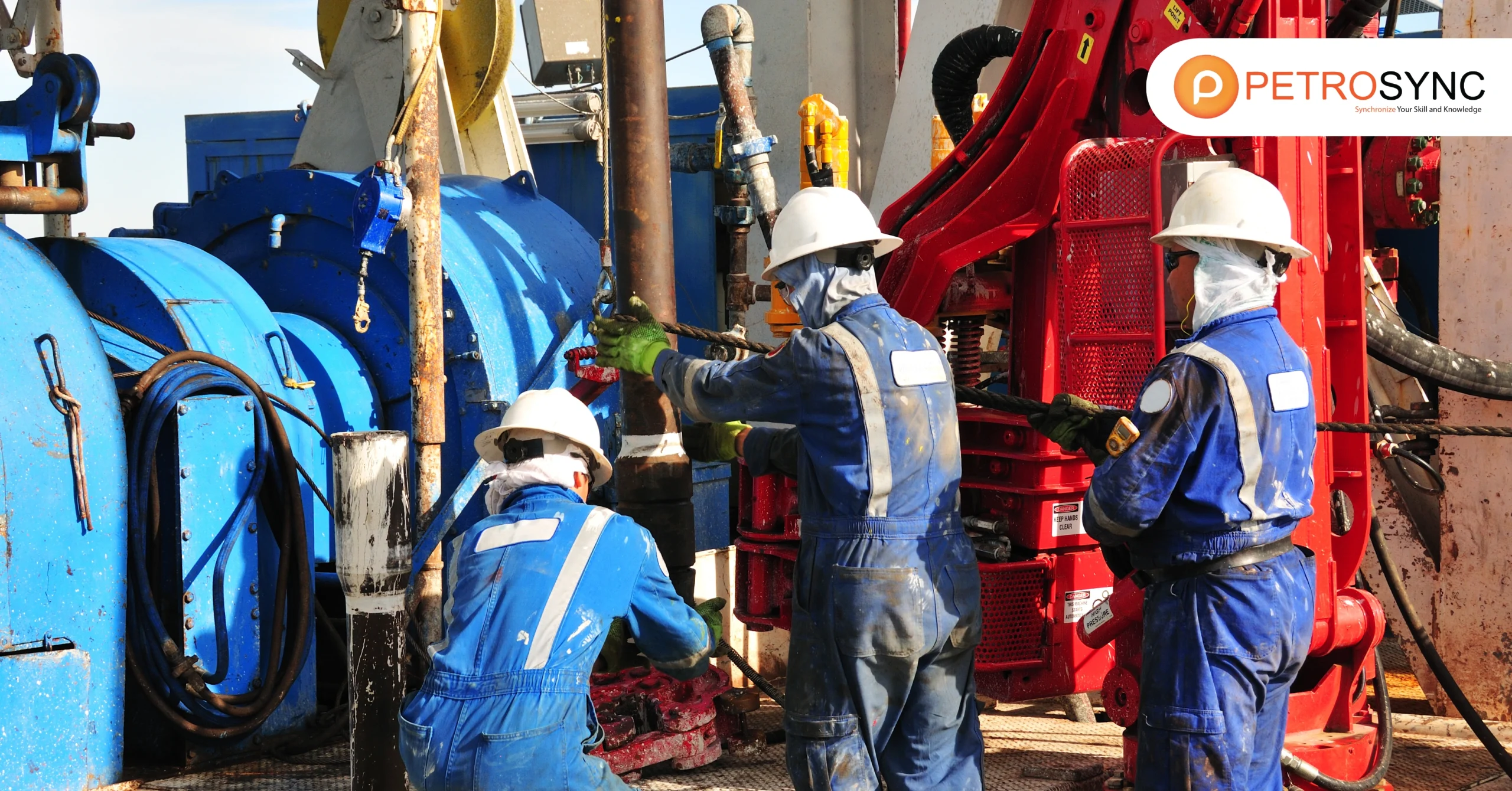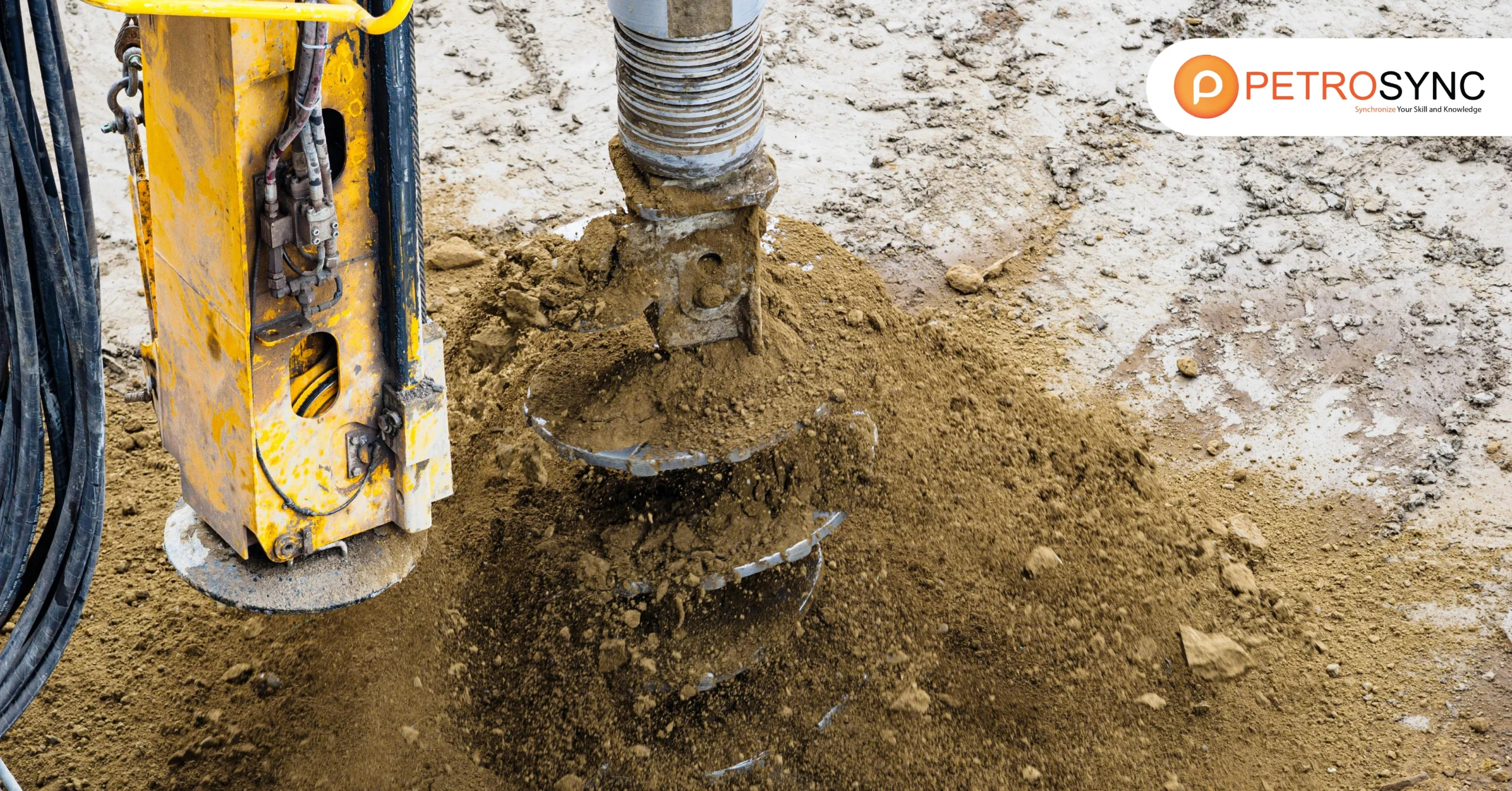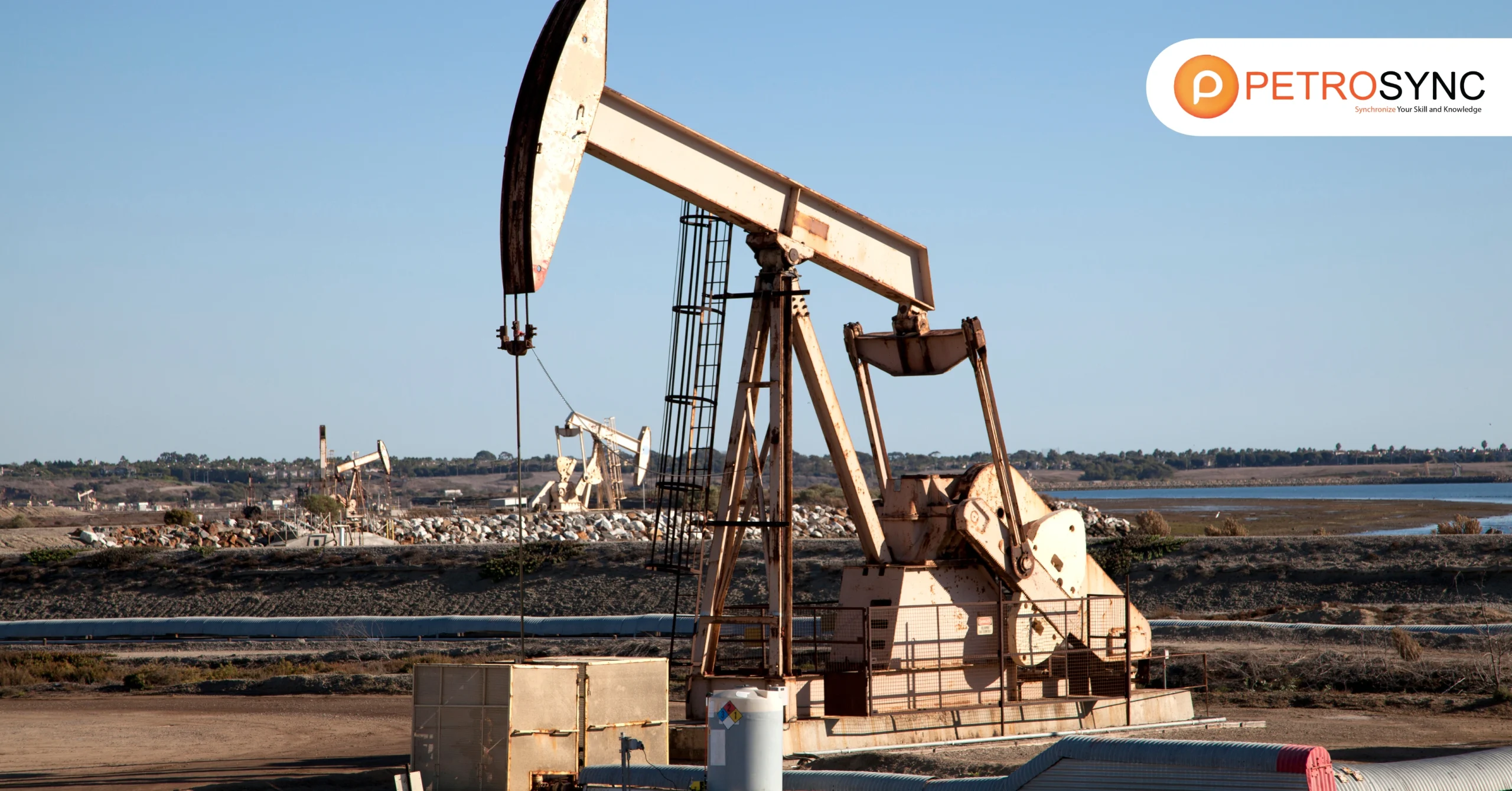Drilling engineers are integral to the oil and gas industry, supervising the complex process of extracting valuable resources beneath the Earth’s surface. This article explores the roles, skills, and challenges drilling engineers face, highlighting their essential contributions to the industry. From tackling technical complexities to prioritizing safety, drilling engineers are crucial to successful operations worldwide.
What Do Drilling Rig Engineers Do?
Drilling rig engineers oversee the planning and management of oil-rig drilling operations for petroleum companies. They are responsible for designing, operating, and maintaining various drilling equipment and machinery while ensuring the safety and efficiency of the drilling process.
Drilling engineers collaborate closely with geologists, geoscientists, and reservoir engineers to determine the best drilling location and method. The condition of the drilling location and suitability of drilling methods can be assessed through various efforts such as geotechnical analysis, wellbore stability assessment, and fluid analysis.
Further, drilling engineers are also responsible for drilling plans, equipment selection, and well trajectories design while keeping safety and environmental regulations in check. During drilling activity, engineers must closely monitor rig performance, making necessary adjustments to optimize efficiency. They analyze drilling data, such as pressure and temperature, to identify and address any issues promptly.
How Is The Work Environment of Drilling Rig Engineers?
The work environment of drilling engineers can vary depending on the specific job and location. Typically, drilling engineers spend a significant amount of time at drilling sites, which can be in remote and challenging environments like offshore platforms, deserts, or remote land-based drilling areas.
Their work often involves long hours and shift work to ensure continuous drilling operations. Compared to reservoir engineers that primarily work in office settings, drilling engineers need to be flexible and adaptable as they may frequently travel to different sites or work on rotational schedules. Nevertheless, the field visit responsibilities of drilling engineers may differ based on the employing company.
Communication and collaboration are crucial in the work environment of drilling engineers. They closely collaborate with teams, including geologists, geoscientists, reservoir engineers, drilling crews, and contractors. Effective teamwork and clear communication are vital for smooth operations and addressing any challenges during drilling.
Are Drilling Rig Engineers in Demand?
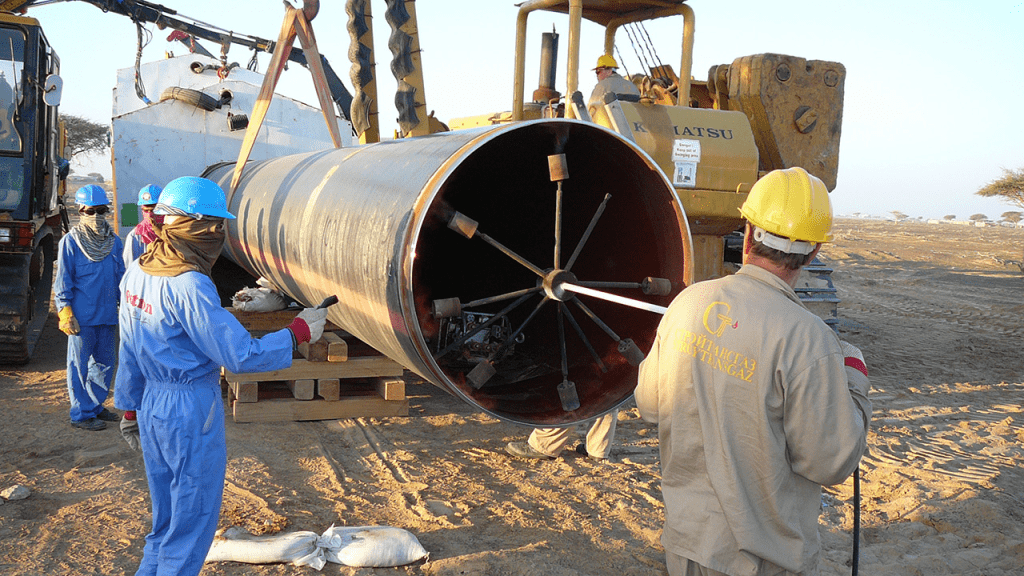
Drilling engineers are highly sought after in the oil and gas industry due to their essential role in overseeing drilling operations and maximizing the extraction of oil and gas resources. Although the demand for drilling engineers can be influenced by factors like oil prices, industry trends, and economic conditions, there is a consistent need for skilled professionals in this field.
The continuous pursuit of energy resources and exploration of new drilling locations contribute to the ongoing demand for drilling engineers. As the industry evolves and technology advances, drilling engineers with up-to-date skills and knowledge in drilling techniques and technologies may find even more prospects for employment.
How Much Can a Drilling Rig Engineer Earn?
The earnings of drilling engineers can vary depending on their experience, location, employer, and the sector they work in within the industry.
Generally, drilling engineers receive competitive compensation for their specialized skills and responsibilities. Based on Glassdoor, the average annual salary for drilling engineers in the US ranges from $96,000 to $162,000, with a yearly average income of approximately $95,166. Entry-level positions may offer lower salaries, while those with more experience or managerial roles can earn higher incomes.
It’s important to consider that the salaries of drilling engineers can be influenced by market conditions, industry demand, and the complexity of the projects they handle. Additionally, working in regions or countries with a thriving oil and gas sector may provide opportunities for higher earnings.
What Are The Skills Needed to Be Drilling Rig Engineer?
To become a drilling rig engineer, you need strong communication and interpersonal skills to interact with various individuals effectively, including colleagues, clients, and suppliers. You also require a solid grasp of scientific principles in disciplines like geology, physics, math, and chemistry to understand drilling processes and make informed decisions. High numeracy and IT skills are essential for data analysis and equipment operation.
Analytical thinking is crucial for assessing complex drilling challenges and devising solutions to overcome them efficiently. Initiative and drive are necessary to take on responsibilities independently and ensure tasks are completed effectively. Teamwork skills are vital for collaborating with fellow engineers and rig crew members to achieve project goals seamlessly.
Being sensitive to different cultures and ways of working is important, especially in multinational projects where diverse teams collaborate. Lastly, the ability to work under pressure is essential for handling demanding situations that arise during drilling operations and maintaining safety and efficiency.
How To Become a Drilling Rig Engineer?
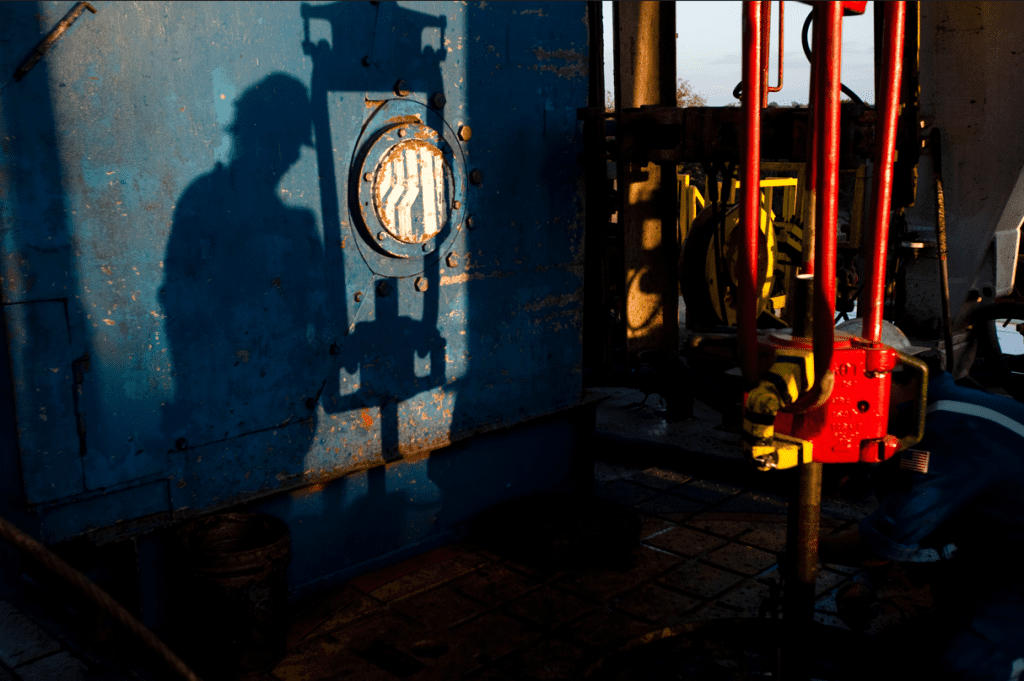
Most drilling engineers earn a bachelor’s degree in petroleum engineering, drilling engineering, or a related field to land for their first job. These programs focus on engineering principles and subjects specific to the oil and gas industry. After graduating, you can follow the general steps of becoming a drilling engineer as follow:
1. Gain Work Experience or Enroll in Internship Programs
Look for internships or entry-level positions in drilling operations or related fields to gain hands-on experience. This helps develop practical skills and understanding of drilling engineering.
2. Develop Essential Soft Skills and Technical Skills
As a drilling engineer, soft skills such as strong engineering understanding, effective communication, and problem-solving are crucial. Continuously improving technical skills like engineering principles, drilling techniques and technologies, data analysis, safety compliance, and computer literacy are also needed.
By developing these skills, drilling engineers can effectively plan, manage, and optimize drilling operations while working collaboratively with others.
3. Build a Professional Network
Join industry associations, attend networking events, and connect with other reservoir engineers and professionals in the field. Networking can lead to valuable opportunities, mentorship, and career growth.
4. Get Drilling Engineering License and Certification
Another step in becoming a drilling engineer is obtaining a license. Drilling engineers must be licensed by the state where they work if they provide their services to the public.
To obtain a license, you typically need to have an accredited bachelor’s degree in the field, gain several years of experience, and pass the Fundamentals of Engineering and Professional Engineering exams. Engineers with the Professional Engineer designation must fulfill continuing education requirements to maintain their license.
Enrolling in a petroleum training course like Advanced HPHT training course is recommended to prepare for the drilling license and certifications adequately. PetroSync provides comprehensive training courses that equip you with certifications, valuable industry knowledge, practical skills, and theoretical fundamentals to prepare you for your exam. We offer a range of relevant training courses such as:
- Applied Drilling and Well Engineering
- Advanced HPHT Well Engineering Training
- Well Integrity – Cased Hole Logging and Reservoir Monitoring
- Well Completion and Workover
- Advanced Well Log Analysis & Interpretation and other related upstream petroleum engineering training.
- Artificial Lift Method training
Participating in these drilling training sessions can refine your skills, showcase your dedication to personal development, and strengthen your expertise. Moreover, joining this training will assist you in your certification preparation, equipping you with the necessary knowledge and skills to excel in the certification exams.
What Are The Professional Associations of Drilling Rig Engineers?
Numerous professional associations and organizations are important for drilling engineers. The associations that are mentioned as follows offer valuable resources, assistance, and networking prospects for professionals in the drilling engineering field.
1. International Associations of Drilling Rig Engineers
Various global associations support drilling engineers and professionals in the drilling industry. These associations offer opportunities for networking, knowledge sharing, and professional growth. Prominent international associations for drilling engineers include the Society of Petroleum Engineers (SPE), the International Association of Drilling Contractors (IADC), and the American Association of Drilling Engineers (AADE).
These associations provide drilling engineers with resources, technical publications, conferences, workshops, and training programs designed to meet their needs. By becoming members of these associations, drilling engineers can access valuable industry insights, collaborate with colleagues, and stay updated on the latest advancements and best practices in drilling engineering.
2. Asia Pacific Associations of Drilling Rig Engineers
In the Asia Pacific region, several associations support drilling engineers and professionals involved in drilling operations. These associations create opportunities for networking, sharing knowledge, and advancing professional skills, specifically in this region. The Asia Pacific Association of Drilling Contractors (APADC) and the Society of Petroleum Engineers Asia Pacific (SPE Asia Pacific) are notable associations for drilling engineers in this region.
They provide resources, publications, conferences, workshops, and training programs that cater to the specific needs and challenges faced by drilling engineers in the Asia Pacific area. By joining these associations, drilling engineers can gain valuable industry insights, collaborate with peers, and stay up-to-date with the latest advancements and best practices in the Asia Pacific region of drilling engineering.
Where Can I Find Drilling Oil and Gas Jobs?
You can find drilling oil and gas jobs on several online platforms:
1. Rigzone.com
Rigzone is a specialized website dedicated to oil and gas industry jobs. It features job listings from various companies worldwide, along with industry news and resources for professionals.
2. LinkedIn
LinkedIn is a professional networking platform where you can search for oil and gas jobs by using keywords and filters. Many companies also post job openings directly on LinkedIn, and you can network with industry professionals to explore opportunities.
3. Oilandgasjobsearch.com
Oilandgasjobsearch.com is a job portal specifically focused on the oil and gas industry. It offers a wide range of job listings, including positions in drilling, exploration, production, and other related fields.
4. Seek.com
Seek is a general job search website that includes listings from various industries, including oil and gas. You can search for drilling jobs using keywords and location filters to find relevant opportunities in your area.
These platforms provide access to a variety of drilling oil and gas jobs, allowing you to explore and apply for positions that match your skills and experience.
Frequently Asked Questions (FAQs) Related to Drilling Engineers
1. What does a drilling engineer do?
A drilling engineer is responsible for planning, designing, and overseeing the drilling operations necessary to extract oil or gas from underground reservoirs. They ensure that drilling operations are carried out safely, efficiently, and within budget.
2. What qualifications do I need to become a drilling engineer?
Typically, you’ll need a bachelor’s degree in petroleum engineering, mechanical engineering, or a related field. Some employers may also require a master’s degree for advanced positions. Additionally, gaining practical experience through internships or entry-level positions in the oil and gas industry can be beneficial.
3. What skills are important for a drilling engineer?
Effective communication, problem-solving abilities, and strong technical skills are crucial for drilling engineers. They need to understand complex drilling technologies, have knowledge of safety regulations, and be able to work well in a team environment. Attention to detail and the ability to adapt to changing conditions are also important.
4. What are the challenges faced by drilling engineers?
Drilling engineers often encounter challenges such as unexpected geological formations, equipment failures, and environmental concerns. They must constantly assess risks and implement strategies to mitigate them while ensuring that drilling operations remain on schedule and within budget.
5. What career opportunities are available for drilling engineers?
Drilling engineers can pursue various career paths within the oil and gas industry, including roles in drilling operations management, reservoir engineering, and research and development. With experience and additional education, they may also advance to positions such as drilling superintendent or drilling manager. Additionally, some drilling engineers transition to consulting or teaching roles later in their careers.
6. How long do engineers stay on oil rigs?
Engineers on oil rigs typically follow different schedules. A common one is 14 days on duty, followed by 21 days off. Some work for 1 or 2 weeks on the rig, then have the same amount of time off. Others might work for a month straight and then have a month off. Sometimes, especially for specialized tasks, you’ll stay on the rig until the job is completed.
PetroSync goes beyond offering oil and gas training courses by also providing a platform for engineers to network and connect with others in the industry. By fostering an environment that encourages collaboration and knowledge sharing, PetroSync creates opportunities for you to expand their professional network, exchange insights, and build valuable relationships within the oil and gas community.
Credit header image: Freepik

SEO specialist by day, fact-checker by night. An avid reader and content writer dedicated to delivering accurate and engaging articles through research and credible sources.

